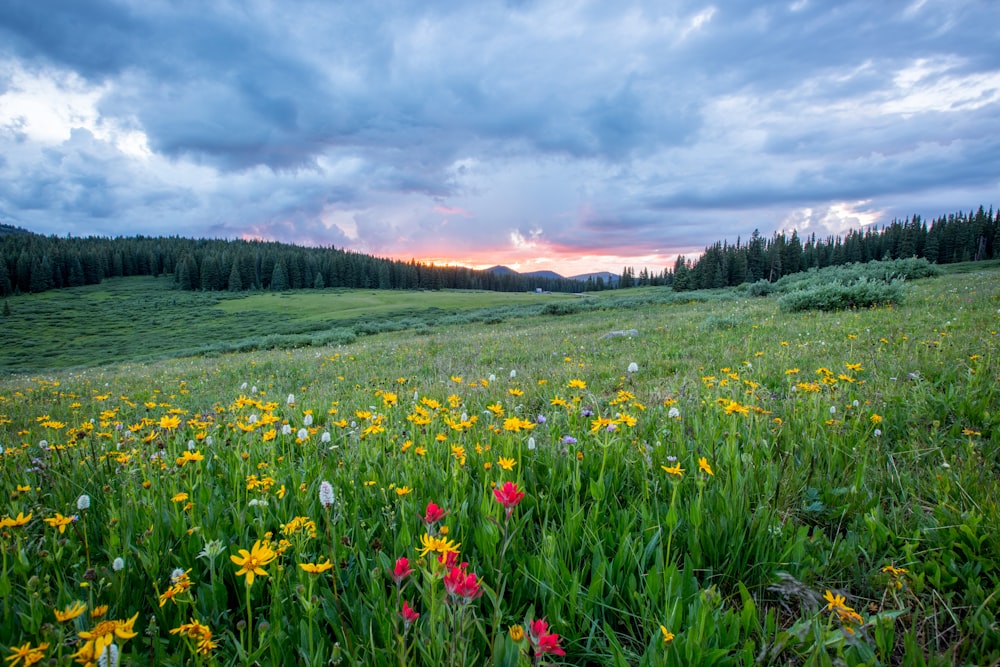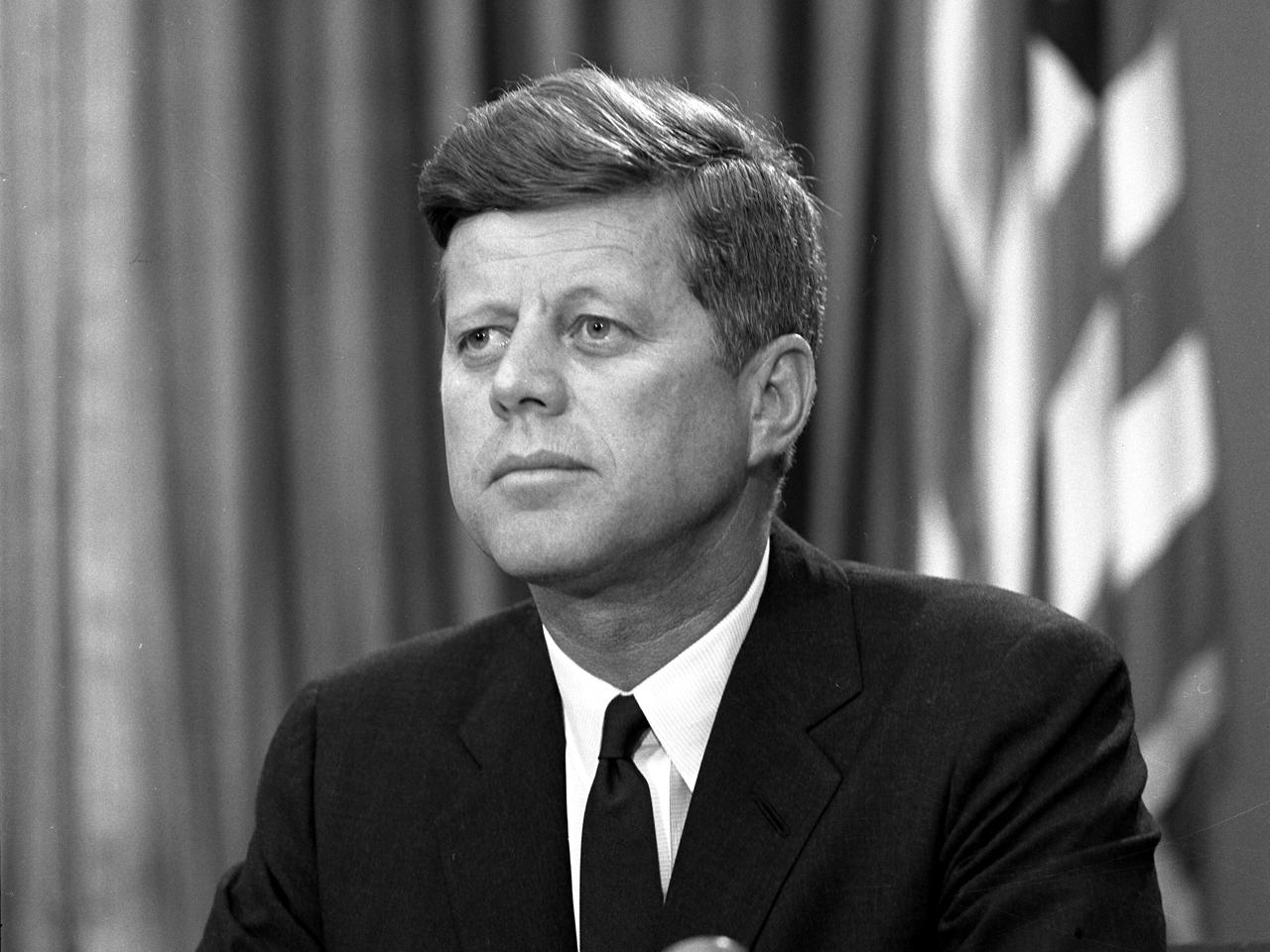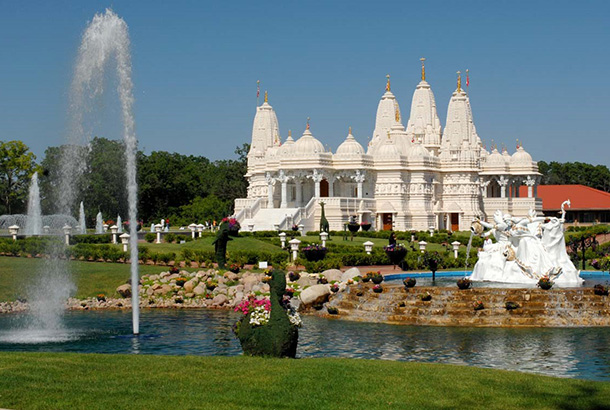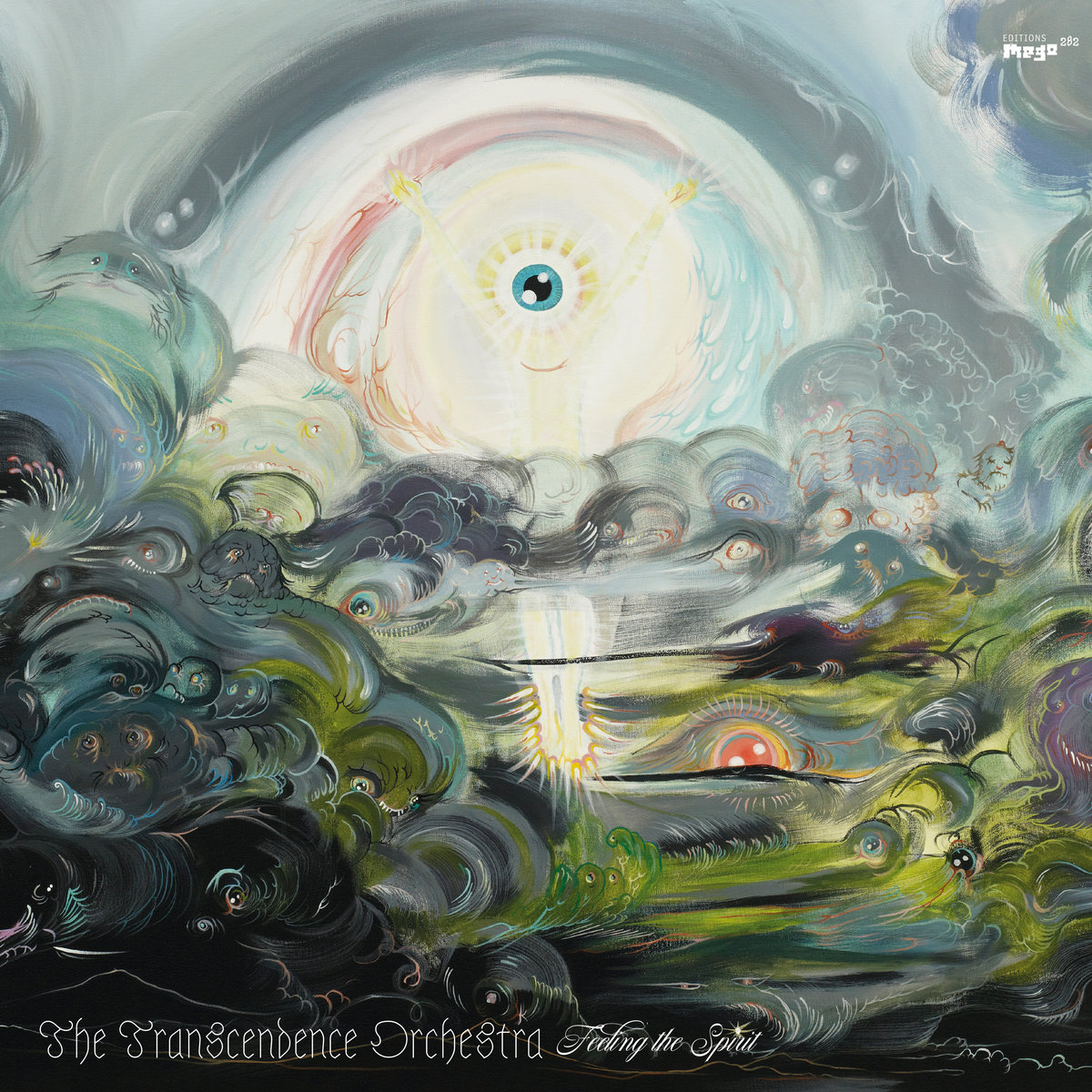"The greatest poverty," wrote poet Wallace Stevens, "is not to live in a physical world." Absolutely. Even if there is an afterlife, how much we would still wish to live out this material life we've been given. It is indeed amazing. Given this, however we think--or not think--about God, it seems that unless God is capable of making himself known in our physicality, he would not be worth much to us. Even my most die hard atheist friends acknowledge that if they could have concrete present and physical evidence about the metaphysical, they might well be inclined to believe.
 As spiritual beings, we humans tread a tenuous path. We love our physicality and the fruits of living in a physical world, and we should. Yet we are also acutely aware that we are more than our physicality. We all experience feelings of transcendence, whether we believe them to originate in immanency or something beyond it. We daily encounter the limits of physical category.
As spiritual beings, we humans tread a tenuous path. We love our physicality and the fruits of living in a physical world, and we should. Yet we are also acutely aware that we are more than our physicality. We all experience feelings of transcendence, whether we believe them to originate in immanency or something beyond it. We daily encounter the limits of physical category.Only in the fusion of immanent and transcendent, only in Advent's coalescing of time and eternity can we see what life can ultimately be.







